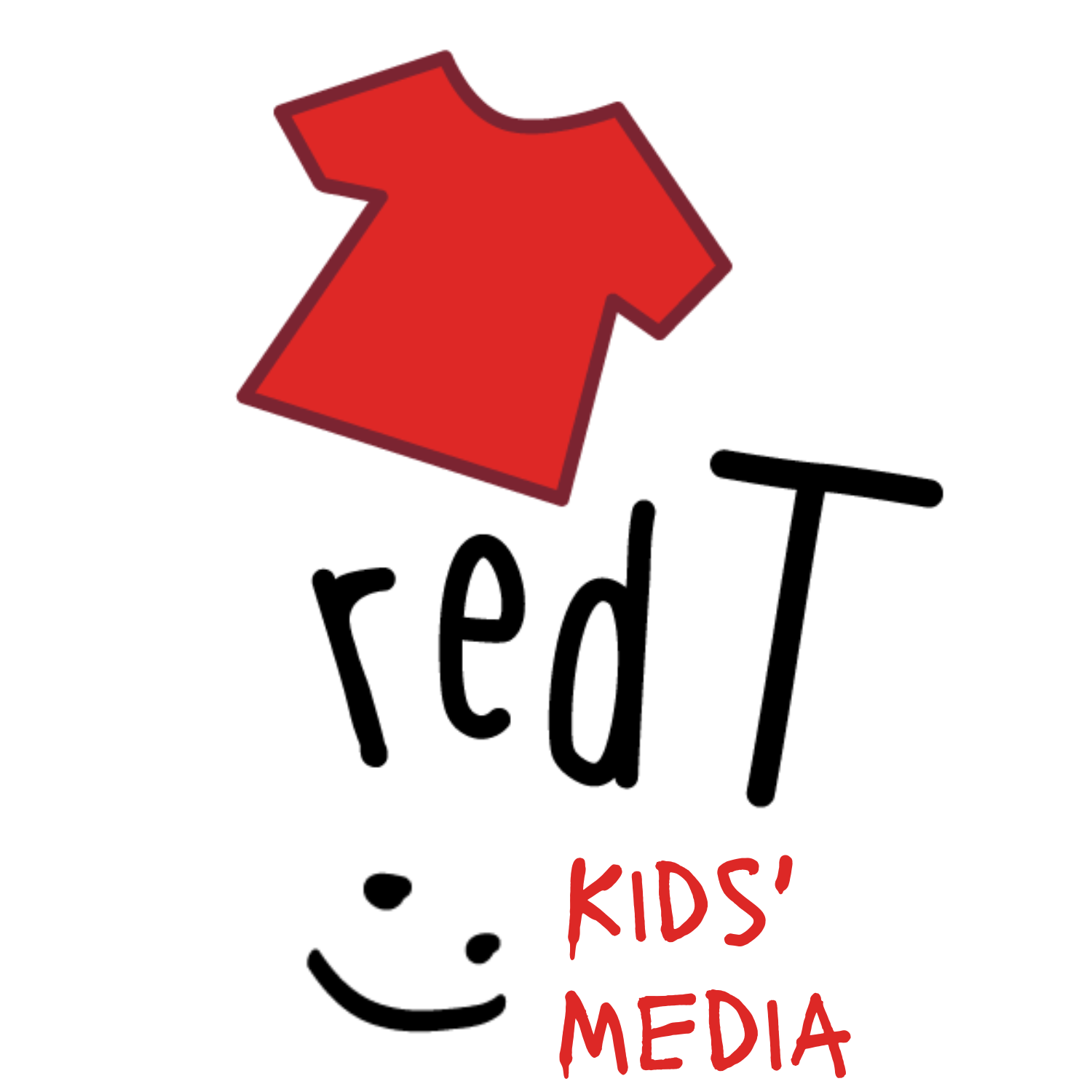Big (Huge) Question: What Makes A Country?
Children of all ages have big ideas about this, and starting up a conversation can not only help them understand their place in their country, but also how people come together and stay together.
Do You Have To Be A Philosopher To Do Philosophy?
Embracing your own inner philosopher, and encouraging your child to grow as a thinker, is likely to be a fun experience that will build a bond of trust between you.
Big Questions To Take Outside!
With warmer weather comes more opportunities to get outside and one step closer to nature. It also throws things wide open for all kinds of marvelous, thinky adventures with big questions about nature and our relationship to it! Yup, you can play with critters, catch some rays, go for a dip, and get muddy, and develop amazing thinking skills, all at once!
It’s Officially Summer…Let The Thinking Begin!
There are ways to keep a little thinker busy over the summer, and many of them also present opportunities to fill in any linger learning gaps, and even get ahead of the game for September.
But What If I’m Wrong?
Taking risks, being critical of ideas (even your own), and being willing to back up and try again, are all part of learning, for thinkers big and small. Don’t let the thought of getting it wrong keep you from taking on big questions with your kid!
Scenes From A Festival (Or Two)
Oh, what a wonderful couple of weeks it’s been! We have kicked off the summer with a couple of festivals, and as always, getting a chance to meet little thinkers has energized us for the months to come. We read stories, did crafts, had some amazing conversations with both children and parents.
Summer Sports and Fairness
One of the best parts about fun sports activities like these is that they give us an amazing opportunity to talk with little thinkers about fairness in games and sports. Since your kids’s mind is engaged in the game, it’s also poised to help grow!
Is It Really Just About The Questions?
In philosophy (even kids’ philosophy), big questions don’t generally have only one answer, but that doesn’t mean that anything goes. There are rules and guidelines for working through a big question, and even young kids need to learn them.
5 Reasons to Think About Art With Your Kids
Okay, so they don’t play well in fancy museums, and they’re more interested in using art books to build forts than they are in reading them. They love to colour outside the lines, and they include new ways to mess up their room in their definition of creativity. Don’t be fooled, though! There are rich, captivating discussions to be had with your children about art, and diving in can yield a whole lot of benefits.
How Young Is Too Young For Philosophy?
As far as we’re concerned, if your child has started asking philosophical questions out loud, then it isn’t too early to start a conversation about them. Basically, when the “why” comes out, it’s time.
Big Questions With Kids and Bugs
Whether you have a kid that likes to study them buggies with a microscope, paint pictures of our multi-legged friends, or generally avoid anything to do with the little dudes, there are opportunities to turn any encounter with creepy crawlies into some big questions!
Coming Soon!
We’ll be hitting the road next month and participating in some amazing events, and we hope you and your little thinkers will join us for some big fun with big questions!
6 Reasons Why Philosophy Should Be A Family Affair
They say the family that plays together, stays together, and we agree. Why not include big questions in your family’s collective playtime?
What If My Kid Just Isn’t A Critical Thinker?
While we can all agree that no two kids (or people for that matter) think alike, we’re pretty confident that in some way, shape or form, all kids like to ask big questions.
Why It Is Possible (And Important) To Disagree Peacefully
It is definitely possible to not see eye to eye, while still remaining civil. What’s more, our little thinkers need and deserve to see peaceful, rational discussion in action.
Critical Thinking, Picnic Edition
Now that Spring has arrived, and families are venturing out for treats in an al fresco setting, there are even more opportunities to chow down on big questions.
The Long Game of Critical Thinking With Kids
This practice that takes time also lasts a lifetime. There are most definitely short term advantages to being a critical thinker, but it’s important to note that kids who fit into this will have clarity and agency for years to come, in their academic studies, their professional pursuits, and in their personal lives.
6 Questions Every Young Environmentalist Should Ask
Really, every day should be Earth Day (we do live on and depend on it, right?). We’re always excited about asking big questions and taking a closer look at our relationship with our lovely blue planet and its inhabitants.
Why Little Thinkers Need to Understand Nuance
There are a lot of grey areas in the information we receive these days, and kids need to learn to think about them critically.
6 Ways That Critical Thinking Can Help With Learning Loss
There is one vital skill that we should be helping our kids to cultivate, one that can help all kinds of learners to bridge the gap in education.
It's critical thinking.





















